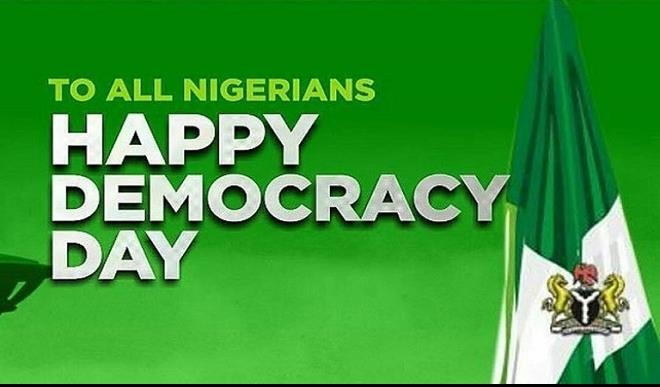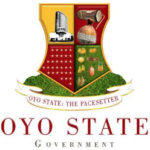
Developmental projects have been evident with the return of democracy in the country. Cities and towns have worn new faces with road networks, housing estates, street lighting, small and medium industries, additional established tertiary institutions as well as advancement in the Information Communication Technology (ICT) usage.
Before 1999, there was nothing like Global System of Mobile Communication, but today, Nigeria is the largest user of mobile communication system in Africa. The coming of GSM therefore has contributed to the economy of the country because of the revenue being generated by the government from the GSM operators. The Gross Domestic Product (GDP has also increased looking at the job opportunities provided for the youth by the GSM operators nationwide. Every nation in the world is dreaming to come to Nigeria to invest and democracy is the facilitator of such development.
But the big question Nigerians always ask is: Is there any meaningful distinction in terms of development between military rule and civilian dispensation? Of course there are so many things Nigeria witnessed in terms of physical development, freedom of expression and many more.
For instance, the return of Nigeria to civilian governance brought about change of style of governance entirely in every aspects of life.
Nigerians now enjoy unprecedented freedom of speech and the press much more than expectation, which was totally absent during military dictatorship. This is obvious looking at the proliferation of media outfits both print and electronic across the country in addition to
civil society organisations that foster freedom of the masses. Freedom of information law is also another success towards freedom of speech.
People are still questioning whether people and the press have freedom of expression due to some regulatory bodies and in-house editorial policies of media organisations or not, the press still bursts of freedom. In some cases, journalists are denied access to cover certain issues of matters of national importance and while writing, internal regulations come to play. Yet, the press is relatively freer than during the military era when journalists had been beaten, stripped naked, maimed and even killed for no reason but trying to write and report what really happened.
In spite of the numerous achievements identified from 1999 to date,
Nigeria still has huge challenges to overcome. The biggest among the challenges is corruption. Corruption is eating up Nigeria upon all the good things that happened to the country in the last eighteen years of democracy. Public treasury has become personal savings of those in power; they withdraw when they want; they give cash to whom they desire at any given time when citizens have no adequate social infrastructure. The three arms of government are no longer trusted.
The judicial system is corrupt; people are given favour without deserving it. The legislative arm is also corrupt; legislators turned the national and state assembly galleries as centres for money making ventures. The executives are even worse than all; Governors loot public funds for selfish and personal benefits.
Economic analysts say Nigeria recorded highest economic prosperity in history with the return of democracy from 1999 to date, but due to corruption, such huge economic boost has not contributed in any way to the standard of living of the masses and rather, the politicians who constitute few percentage of the nation’s total population take the cake of the democracy.
Appointments to offices today are no longer on merit but on whom you know. Those from well-to-do families have the advantage of getting appointed to offices than those from poor socio-economic background.
Leaders are imposed on the masses by those in power. Bad elements are those who get into power while the good ones with patriotism and good intention to move the nation to the next level are not allowed to get to the power.
For Nigeria to develop in totality there must be attitudinal change particularly of the politicians and the ordinary man. Placing national patriotism first before any other thing will go a long way in reshaping the way things are going, at the end, Nigeria will prosper socially, economically and politically.
Aisha Muhammad Imam, Department of Mass Communication, University of Maiduguri.

 Join Daily Trust WhatsApp Community For Quick Access To News and Happenings Around You.
Join Daily Trust WhatsApp Community For Quick Access To News and Happenings Around You.


